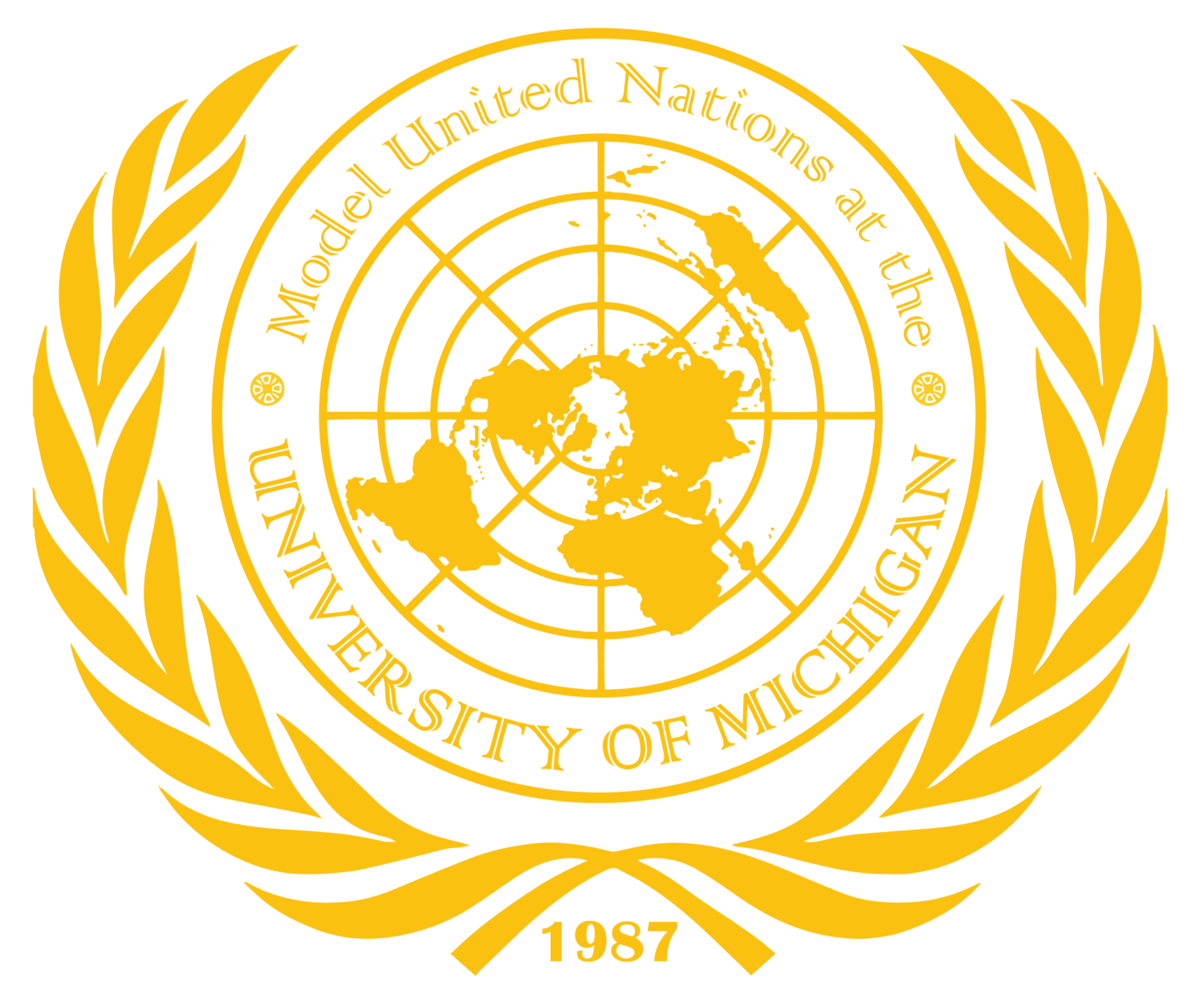By: Bella Kephart
For centuries, disease has wreaked havoc worldwide. Despite the revolutionary technology that has insured the elimination of some deadly diseases such as smallpox and polio, countless lives are lost each day to disease. At the root of the issue of disease is widespread by poverty, a lack of proper hygiene, and a dearth of well-trained medical professionals, specifically in developing nations. HIV, AIDS, and malaria are just a few examples of deadly diseases that claim lives each day, while many victims and their families remain unaware of their symptoms and how to prevent them.
The World Health Organization Committee is currently convening to propose a solution. Over the last 24 hours, WHO has worked tirelessly to find a cost-effective, long-term plan to appropriate resources to target global health. Many nations argue that the United Nations should allocate funds to maximize the potential of practical, short-term solutions such as sending immunizations and water purification systems. Other nations such as Tanzania, Bosnia, and India disagree, saying the problem needs to be addressed at its source: the lack of education regarding disease awareness. They agree that implementing programs to educate about the causes and preventative measures of disease, especially for the younger generations, is a plausible solution. “If more people are educated about the causes of the problem, it would prevent them from the start and less people would be affected by the diseases,” explained Erum Al-Zawawi of Tanzania.
As always, the problem of funding remains. Potential solutions have been introduced, such as the utilization of NGOs, the World Bank, or the United Nations Fifth Assembly. The most popular solution, however, lies in re-directing financial aid from the World Health Organization budget itself. “WHO has a lot of funding, but it needs to be directed… it’s too focused on specific diseases rather than [general health] infrastructure,” said Jacquie Molloseau of the Republic of Korea. The problem of streamlining communication between countries regarding funding also remains. Katie McCarthy of Bulgaria argues that “We need to take out the middle-man and establish closer relationships between countries in order to improve the efficiency of funding.”
The WHO Committee still has much to discuss, and has yet to bring forward any drafted resolutions. Amidst the flurry of placards and the bustle of determined delegates, there is no clear answer as to what the most direct and effective solution is, or how to pay for it. However, there is no doubt that the committee is well on its way to expunging this global epidemic.
